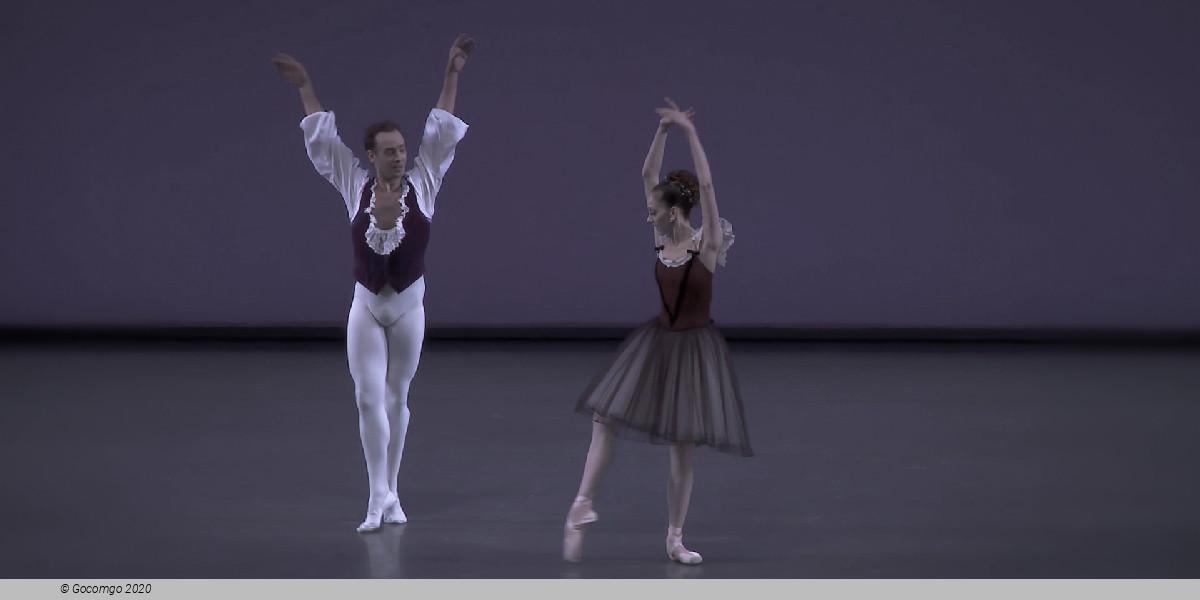Events1 results
About
Gennady Ivanovich Banshchikov - Russian composer, teacher, Honored Artist of Russia. Commander of the Order of Friendship (2004).
Biography
He studied at the Moscow Conservatory in the composition class of Sergei Balasanyan (1961-1964), then at the Leningrad Conservatory under Boris Arapov (1965-1966), under whose guidance he also studied at graduate school (1966-1969). In 1967, Banshchikov was admitted to the Union of Composers of the USSR. Since 1974 he has been teaching at the Leningrad Conservatory (since 1983 - associate professor, since 1998 - professor of orchestration and composition).
Creation
G. Banshchikov’s career began in the 1960s. Already then, during the years of study at the Conservatory (Moscow, then Leningrad) and in graduate school, Banshchikov wrote a number of vivid and mature compositions (Vocal cycle to verses by F. G. Lorca, cantata "Architects" and "In Memory of Garcia Lorca", 4 cello concerts , “Four fleeting events” for cello and piano, First Piano Sonata, chamber opera “Love and Silin” based on the works of Kozma Prutkov). His compositional style was formed at the intersection of trends coming from the Russian classical school in the refraction of Shostakovich, and the strong influence of late Austro-German romanticism and the Novo-Viennese school. (At one time, the composer even jokingly called himself a “Russian-speaking German composer”). An important influence on his work had the music of Richard Strauss. Banshchikov expressed his attitude to this composer in a dedication to the memory of R. Strauss of his opera “How Ivan Ivanovich Quarreled with Ivan Nikiforovich,” as well as a dedication to the concert for the chamber orchestra “Telephone Book” and a quote in Trio-Sonata. Banshchikov's style combines technical mastery, professionalism, academic restraint, characteristic of the Leningrad-St. Petersburg composer school, with impulsivity and emotional intensity. Without abandoning modern techniques of composition, Banschikov, however, does not allow unnecessary modernization of his musical language. Such compositions as the opera-parody “Love and Silin” by Kozma Prutkov, “The Opera about ...” by N. Gogol, “Woe from Wit” by A. Griboedov and others reveal the sense of humor inherent in the composer, wit, irony ( “Smashing sarcasm”, as B. Tischenko put it). Banshchikov has his own pronounced composer personality. In his work, the predominance of tragically colored emotions is noticeable, the particular tension of the intonation and rhythmic sphere, the rigidity of the harmonic structure, but his music is characterized by a special lyricism and chamber expression. This is always a first-person statement, an expression of a subjective, almost always tragic attitude. The textbook "The Laws of Functional Instrumentation", which reflected the many years of experience in the teaching and creative activities of the composer, reveals the general patterns that underlie classical instrumentation.


